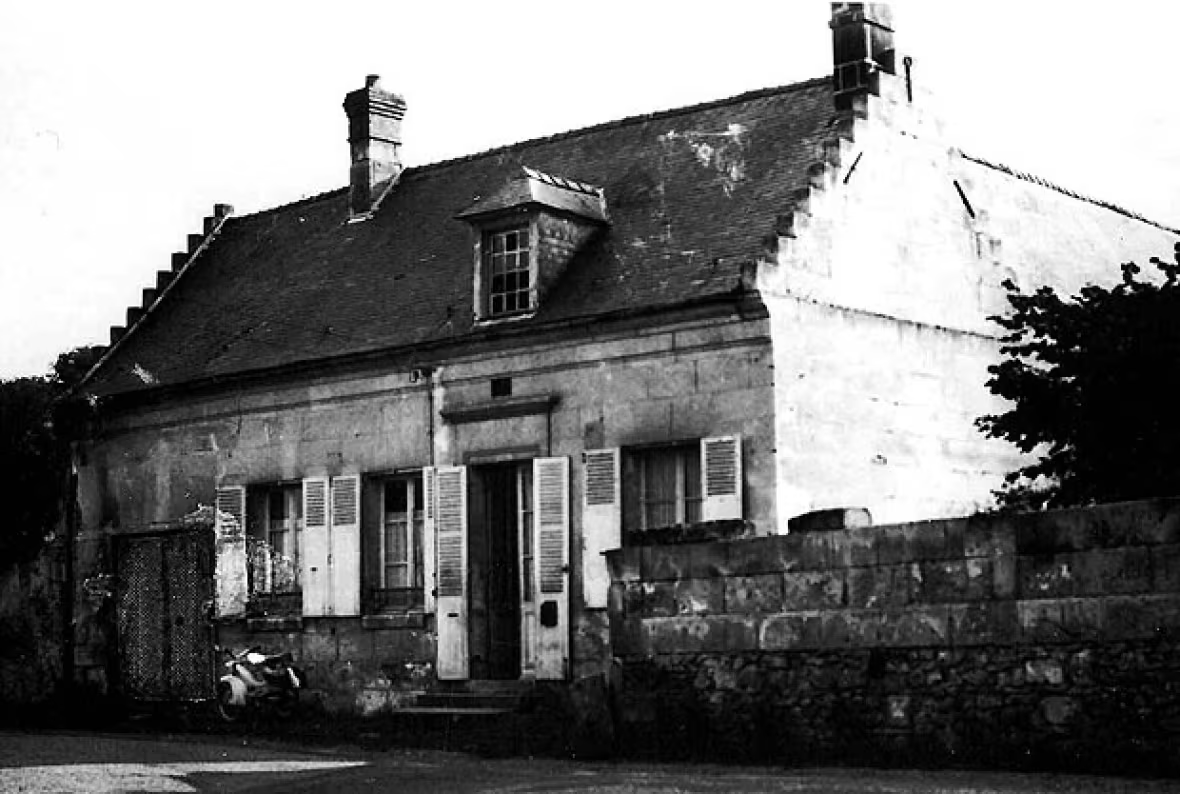Jean Vanier revealed 'the depth and beauty of every single human being,' says friend

Jean Vanier, the renowned Canadian humanitarian who spent more than half a century working with the developmentally disabled, died in Paris this week. He was 90 years old.
Sister Sue Mosteller says her first encounter with Vanier, back in 1967, changed the course of her life.
Vanier was offering a series of lectures on people with disabilities at the University of Toronto, and she was captivated.
"Nobody had ever spoken to me in those kinds of words before," she told The Sunday Edition's Michael Enright. "I was very, very moved. He was giving seven lectures and I went to all of them."
A few years later, Mosteller left her convent to live in one of the communities set up by Jean Vanier. She would stay there for 40 years.
The first L'arche house
In the early 1960s, Vanier began visiting French asylums. The horror of what he saw helped shape his mission for the rest of his life.
In 1964, he invited two men with developmental disabilities to live with him in a small house he had bought in a village north of Paris. He called the house L'Arche — after Noah's Ark.

Their community grew and more people arrived, with or without disabilities, to live together. Today, that house is part of a network of more than 150 communities across the world, in 38 countries.
Together, they make up L'Arche International — an alternative model of living, where those with disabilities are treated as participants in a community, rather than as patients.
A radical act
In 1972, Sister Sue Mosteller joined L'Arche Daybreak in Richmond Hill, Ont. — the first L'Arche community in Canada. She took on several leadership roles within that home and the larger L'Arche organization over the course of her 40-year stay.
"It was a very growing experience and an expanding of our hearts to realize the depth and the beauty of every single human being," she said of her time at Daybreak.
When Vanier founded the first L'Arche home, his aim was to bring the gift of recognition to those living in a cycle of marginalization, Mosteller told The Sunday Edition.
"He said that when you're in that cycle, you see that people don't regard you with respect. And so you don't take care of yourself," she recalled. "And you have no possibility of breaking out of the cycle until somebody recognizes you as a full human being and reaches in."
"These were beautiful human beings who, because they had been recognized, were sort of rising up to become who they could be."

What Vanier did was radical — not just for his time, but for any time — because it was irrevocable, Mosteller added.
"He said, if I took these two men and welcomed them, I can't go back, because that would mean they have to go back to the institution … this was going to be my life from then on," she recalled.
But for Vanier, the disabled were more than just patients in need of help: they were teachers to those who lived and worked with them.
"This was the discovery of thousands of us that followed Jean along the way," Mosteller said. "Amazingly beautiful people with gifts about love and tenderness and life and caring and friendship."
Mosteller described the experience of living with the developmentally disabled as "an encounter" between two human beings who learn they can both help each other.
She said she hopes that what the disabled learned from the exchange was that they are lovable and needed: "I think that's the gift they received from us, that you are somebody who's precious … [and] you have gifts that we need."
'The gift of coming together'
Jean Vanier was the son of former governor general Georges P. Vanier. In his youth, he spent several years in the British and Canadian navies, but would say years later that he resigned from that life in search of more meaningful relationships.
He went on to receive a doctorate at the Institut Catholique in Paris and taught Aristotelian ethics at the University of Toronto until he began his work with L'Arche.
Vanier also travelled the world to spread a message of dialogue across religious divides.
He received numerous awards and accolades, including the Companion of the Order of Canada, France's Legion of Honor, and the Templeton Prize. He was also the author of more than 30 books, including An Ark for the Poor and Becoming Human.
"One of his big gifts was that he trusted us," Sister Sue Mosteller said. "Just as we saw the people with disabilities rising up and becoming who they were, we saw that with all of us."
And although living and taking leadership roles in the community was at times challenging, the experience brought great lessons about confronting one's own vulnerabilities, she added.
"We're very frightened of other people who are vulnerable, because we don't know what to do in front of it," Mosteller said.
"And that's the gift of coming together — and of course this is what Jean discovered — was that he made friends with his own vulnerabilities."
Click 'listen' above to hear the full interview.